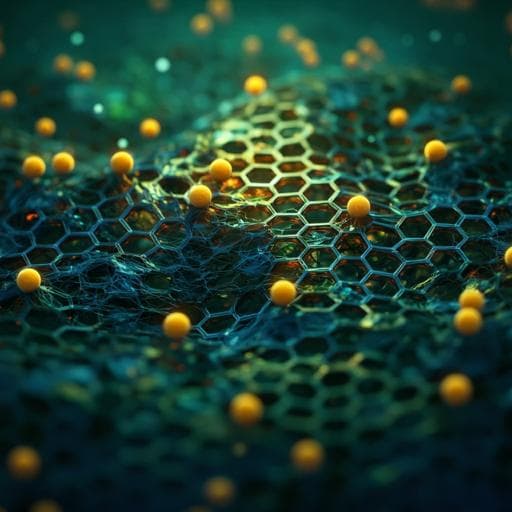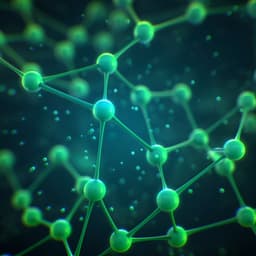
Chemistry
A generative artificial intelligence framework based on a molecular diffusion model for the design of metal-organic frameworks for carbon capture
H. Park, X. Yan, et al.
Discover how GHP-MOFassemble, a groundbreaking generative AI framework developed by Hyun Park and colleagues, is revolutionizing CO2 capture through the design of innovative metal-organic frameworks (MOFs) with exceptional adsorption capacities. This research highlights MOFs that outperform most existing structures, paving the way for greener technologies.
Related Publications
Explore these studies to deepen your understanding of the subject.







